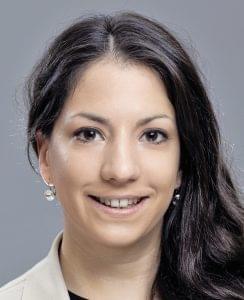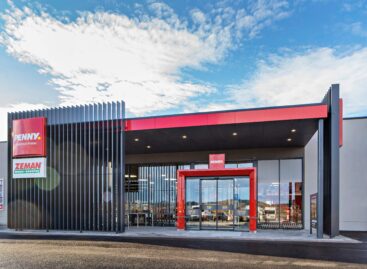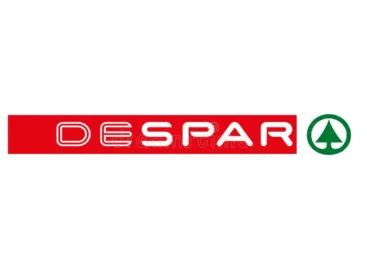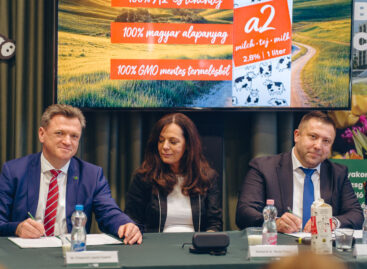The evolution of the FMCG market through the NIQ lens
Shoppers across the continent, including Hungary, continue to save in every possible way, Csilla Czikora, head of consulting and analytic insights at NIQ told when presenting their market research data at the April event of the Trade Marketing Club (TMK).
This article is available for reading in Trade magazin 2024/6-7

Csilla Czikora
head of consulting and analytic insights
NIQ
Inflation, which in most countries peaked at the end of 2022, did so in Hungary at the beginning of 2023 – well above the average of other countries.
Everyone is saving
It is no wonder that both European and Hungarian consumers have tried to cut back their spending using a variety of strategies, e.g. hunting for cheaper products, switching to private labels, buying less, abandoning certain product segments, and seeking promotions. However, neither in Europe nor in Hungary can we speak about a single consumer “mass”. In NIQ’s European survey the majority of consumers (52%) are “cautious” in terms of their financial situation and outlook. One fifth of European consumers (20%) say their financial situation hasn’t changed negatively or may have improved over the last period. The most affected consumer group represents 28%, but this figure is steadily shrinking. In Hungary the frequency of small top-up purchases is decreasing, so shoppers visit stores less frequently. Loyalty has suffered both in terms of channels and brands, in Europe and Hungary alike.
FMCG sales driven by price hikes
FMCG sales in Hungary grew by 15.1% from 2022 to 2023, which should come as no surprise: the FMCG price increase was 21.5%, which came with an annual volume decline of 6.4%. In Europe and Eastern Europe the trends are the same, but in Hungary the price rise and the volume decrease are more significant. In each month of 2023 food and drug sales exceeded that of the previous year, not because of volume but almost exclusively because of rising price levels. At the beginning of the year sales were 22% higher on average than in the previous year, but this gap closed by the end of the year as the price increase slowed down. In December food volume sales grew by 3%, while the drug categories were less affected by growing prices, producing a slightly stronger growth (3.7%) in December. Discounters had the lowest price levels in ten of the top 10 food and drug categories, and the majority of categories produced the biggest growth in this channel.
Improving perception of private labels
Private labels (PL) continued their conquest at European level. In Hungary the share of PL products has increased in both discounters and other chains, so with a domestic PL share of 30%, Hungary ranks 12th in the international PL ranking. While the growth rate of private labels has outpaced that of manufacturer brands in both the food and the drug categories, the share of PLs is historically higher in the food segment. This is happening despite the fact that a recent NIQ survey shows: consumers aren’t necessarily aware that they are buying private label products – based on their own perception, 37% said they don’t buy PLs, while when asked supported with a brand list, only 16% said they don’t buy PL products.
Differences in the high season
While the share of private labels in the food and drug categories is fairly balanced on a monthly basis, in December it drops by 2-3 percentage points, especially for products intended as gifts or for the festive table – alcoholic beverages, coffee, sweets as gifts, fish, and in drug categories various shower gels, soaps and napkins. The high season also changes the place of purchase. Discounters are important but there is one month, December, when the importance of hypermarkets rises to a historic high – a 5 percentage point jump for food – this was the case in 2023 too. Besides hypermarkets, the drugstore channel is also growing seasonally, but we see a similar trend for online shopping too. For 2024 NIQ calculates with a continued price rise, albeit at a more moderate pace. //
Related news
Despar Italia realises EUR 1.1bn private label sales in 2025
🎧 Hallgasd a cikket: Lejátszás Szünet Folytatás Leállítás Nyelv: Auto…
Read more >Related news
Tourism Business Index: improving sentiment, but the sector remains in the red
🎧 Hallgasd a cikket: Lejátszás Szünet Folytatás Leállítás Nyelv: Auto…
Read more >Levente Balogh announces a revolution in the quality dairy products market
🎧 Hallgasd a cikket: Lejátszás Szünet Folytatás Leállítás Nyelv: Auto…
Read more >Lamb Days – Gastronomic Adventure is coming again on March 28–29!
🎧 Hallgasd a cikket: Lejátszás Szünet Folytatás Leállítás Nyelv: Auto…
Read more >









